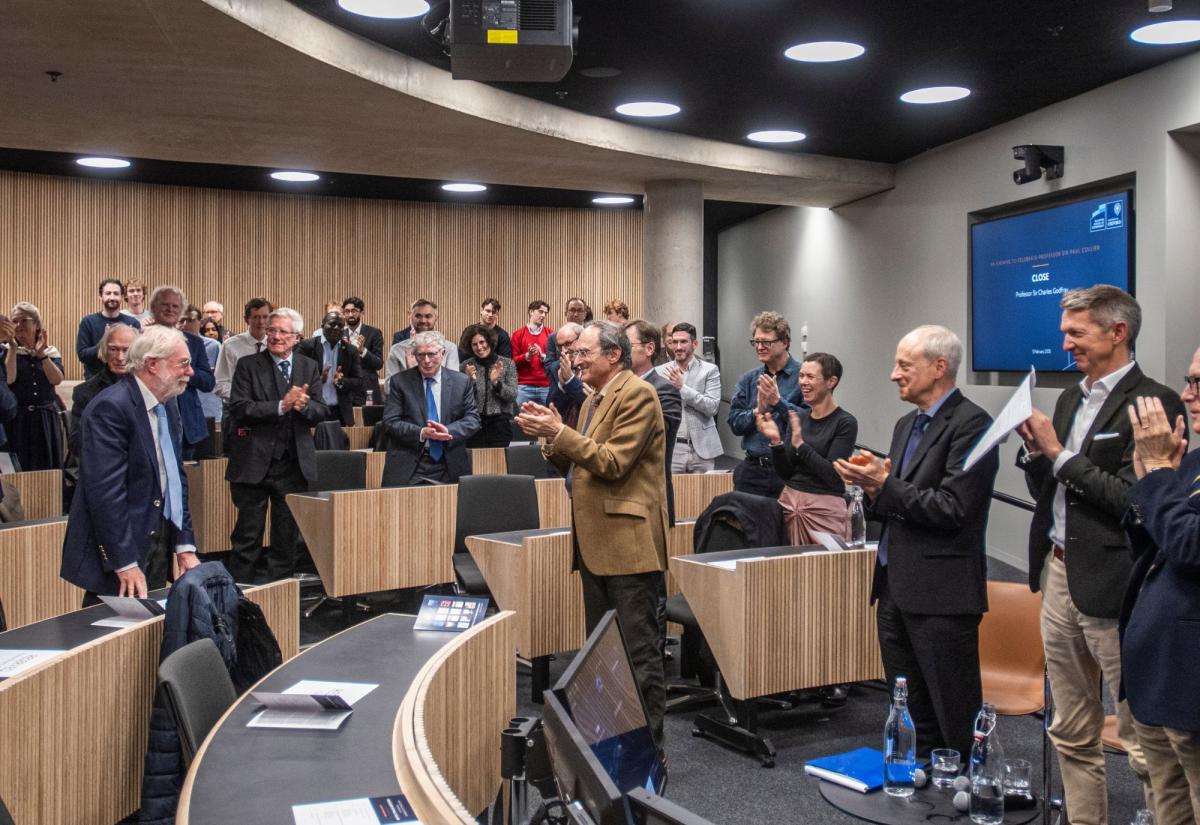It has been almost exactly a year year since Edward Snowden first leaked to two journalists classified materials about US government spying programmes. Since then, there has been a firestorm of controversy across the world about the legitimacy of state surveillance as a defence of public freedoms, and on the balance between national security and information privacy.
While judgments about Snowden’s actions remain unresolved – is he a traitor or heroic whistleblower? – the fact is that his revelations are having the effect he intended. In an interview just after the initial disclosures, Snowden claimed that “My sole motive is to inform the public as to that which is done in their name and that which is done against them”, because what the NSA is doing poses "an existential threat to democracy". The public is now informed, and key political debates are beginning to happen in Washington and London.
In part contribution to these debates, Associate Professor Tom Simpson recently responded to a UK government request for input on its Privacy and Security Inquiry. The Intelligence and Security Committee of Parliament (ISC) has been seeking expert views on such questions as:
What balance should be struck between the individual right to privacy and the collective right to security? How does this differ for internet communications when compared to other forms of surveillance, such as closed-circuit television cameras? To what extent might it be necessary and proportionate to monitor or collect innocent communications in order to find those which might threaten our security? How does the intrusion differ between data (the fact a call took place between two numbers) as opposed to content (what was said in the call)?
Simpson, along with colleague Professor John Naughton of the University of Cambridge, made a written submission to the ISC to share their views and recommendations for how the government should respond to these kinds of challenges. In their submission, they identify the fundamental moral and political issues at stake, and argue that the balance is overly skewed in favour of security. They give four recommendations for policy change in response:
- In non-totalitarian states, the established moral norm is that citizens’ lives should be free from Government surveillance and investigation. The UK Government should cease the bulk collection of communications metadata, and thus forego the opportunity to predict threats based on such big data capabilities.
- It is important for security purposes that the UK retains and develops the ability to investigate specific targets. But it should do so in ways that minimise pernicious effects on privacy. In particular, the Government should not hold metadata.
- The current legal framework for access to communications data allows considerable latitude to officials’ discretion for access. Access to communications data should be re-categorised as directed surveillance.
- Trust is an inescapable requirement for oversight of the intelligence services. Arrangements for GCHQ oversight should include independent individuals who are regarded as trustworthy by the wider public, and possess expert knowledge of the technologies employed by the security agencies.
Find out more about Blavatnik School research on issues of privacy and security.
See Tom Simpson's Blog, "Are we living in an Orwellian state?"



